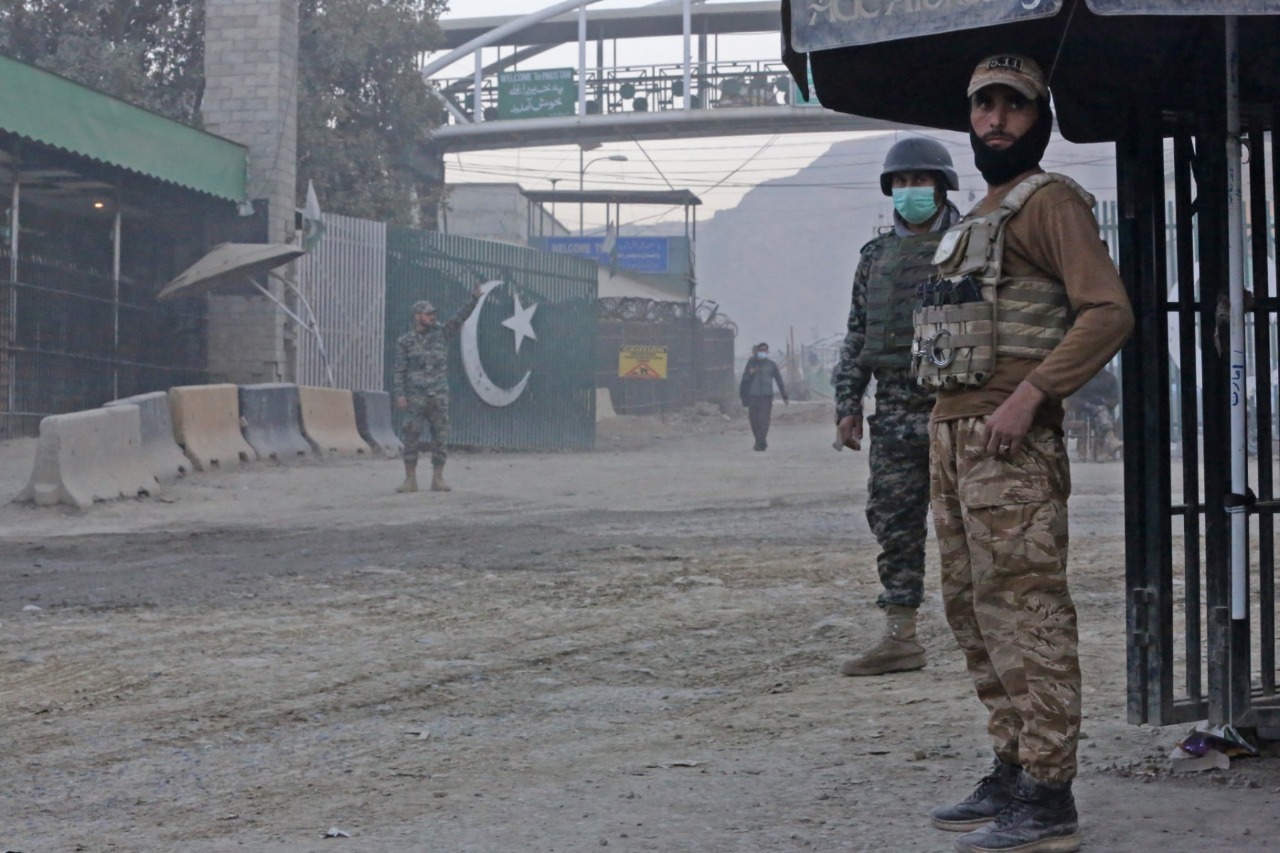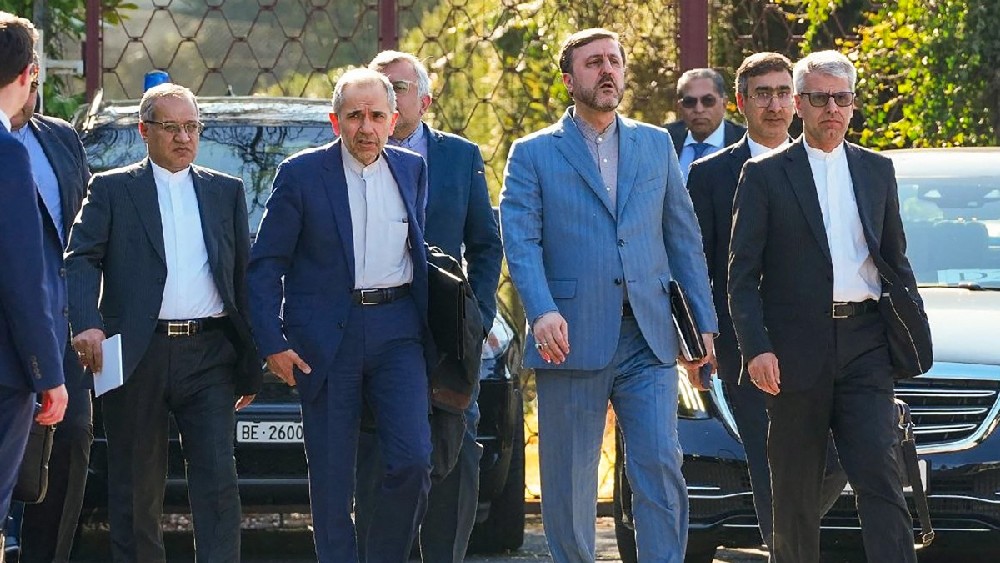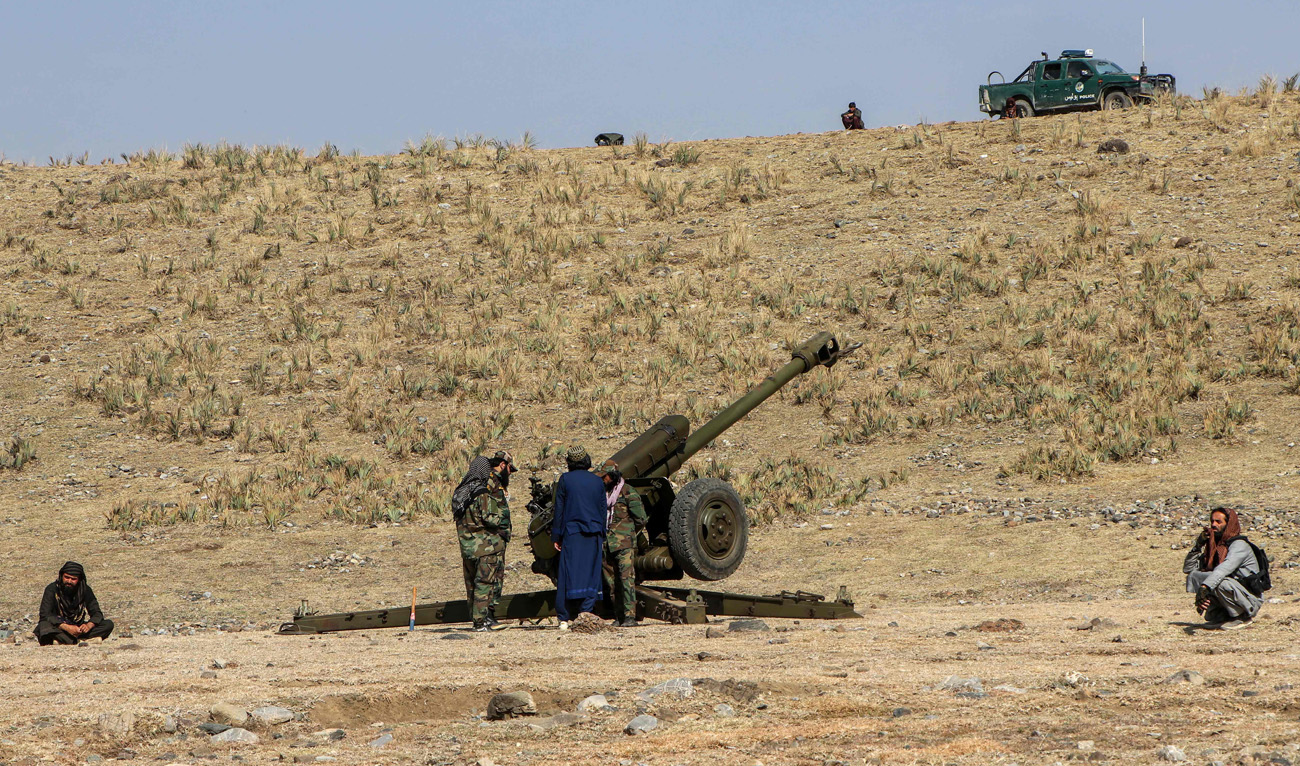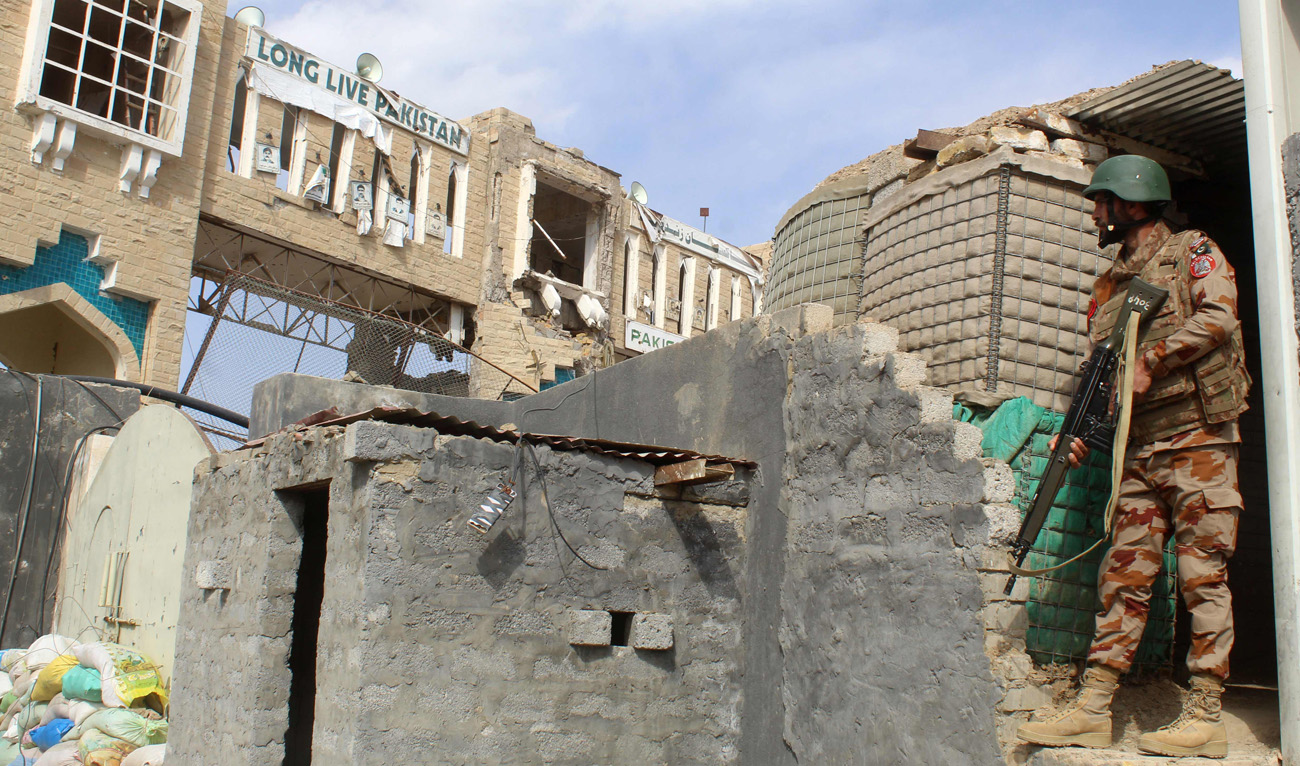ISLAMABAD: Senior Pakistani and Afghan delegations opened a new round of security talks in Türkiye on Thursday aimed at developing a verifiable mechanism to prevent militants from using Afghan territory to stage attacks inside Pakistan, security sources told Pakistan TV Digital.
The Pakistani delegation is led by Director-General Inter-Services Intelligence Asim Malik, while the Afghan side includes interim intelligence chief Abdul Haq Wasiq and Deputy Interior Minister Haji Najeeb Ullah, among other senior officials. Islamabad’s principal objective, according to officials, is “a concrete and enforceable framework” to curb cross-border militant activity.
Fresh border firing
A border firing incident near the Chaman–Spin Boldak crossing coincided with the talks.
Pakistan’s Information Ministry rejected Afghan claims regarding the exchange, stating:
“We strongly reject claims circulated by the Afghan side regarding today’s incident at the Pak-Afghan border at Chaman,” the information ministry said in a post on X.
“Firing was initiated from the Afghan side, to which our security forces responded immediately in a measured and responsible manner,” it added. “The situation was brought under control due to responsible action by Pakistani forces, and the ceasefire remains intact.”
“Pakistan remains committed to ongoing dialogue and expects reciprocity from Afghan authorities.”
However, Afghan interim spokesperson Zabihullah Mujahid issued a contrasting statement on social platform X:
“While the third round of negotiations with Pakistan has begun in the city of Istanbul, it is regrettable to say that this afternoon, once again, firing was initiated by Pakistani forces at Spin Boldak, which has caused concern among the public.”
He added that Afghan forces “have so far not responded” out of respect for ongoing talks and to avoid civilian harm.
Local police in Chaman confirmed to Pakistan TV Digital that Pakistani border units returned fire, and no casualties were reported on either side.
Talks follow deadly clashes, temporary ceasefire
Defense Minister Khawaja Asif expressed cautious optimism but reiterated that Pakistan will respond firmly to any cross-border attacks. “Let’s hope Afghanistan makes use of wisdom and peace is restored in the region,” he said.
Asif added that Pakistan’s actions would be reactive, not pre-emptive: “If evidence shows formations are being sent from their soil, we will respond.”
The discussions in Türkiye follow a surge in militant attacks in Pakistan’s western border regions, which prompted a 48-hour ceasefire negotiated in Doha earlier this month. Pakistan insists that the ceasefire must be reinforced by a verifiable monitoring mechanism to prevent TTP-aligned armed groups from crossing over from Afghanistan.
In an exclusive interview with Pakistan TV Digital before the talks, Asif warned that Pakistan could conduct targeted strikes if firm guarantees are not reached:
“If we do not receive any arrangement or any agreement or any assurance … then obviously the only option we are left with is that we’ll cross into their territory and bomb the hideouts of [the Tehreek-e-Taliban Pakistan].”
Officials say diplomacy remains the preferred path, but the outcome now depends on whether Kabul agrees to enforcement measures rather than verbal assurances.






